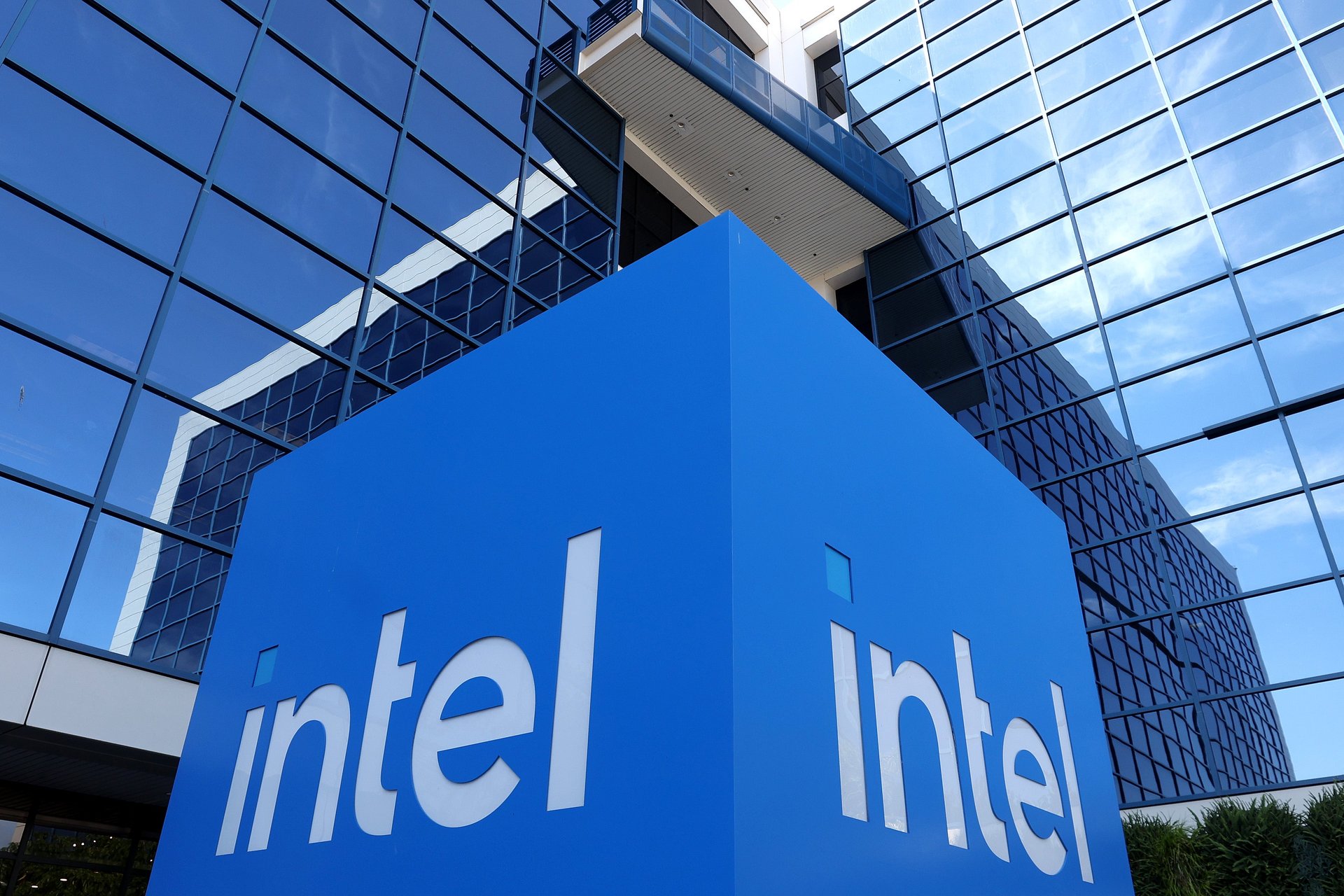Intel is trying to get its Chips Act cash fast
The chipmaker and the U.S. reportedly expect to finalize the $8.5 billion award before the end of the year

As interest in Intel’s faltering business grows, the chip pioneer is reportedly set to finalize billions of dollars in direct funding from the U.S. government.
Suggested Reading
The chipmaker and the U.S. Department of Commerce are expecting to finalize its $8.5 billion Chips Act award before the year’s end, the Financial Times reported, citing unnamed people familiar with the matter.
Related Content
Negotiations between Intel (INTC) and the Commerce Department are at the advanced stage, two people told the Financial Times. However, there is a possibility the funding won’t be finalized by the end of the year, and a takeover of part of or all of Intel’s business could disrupt discussions, the people added.
Still, an unnamed person close to Intel told the Financial Times they “wouldn’t be surprised to see the deal finalized before the elections.”
Qualcomm (QCOM) has looked into buying parts of Intel’s business for months, with most of its interest in Intel’s client PC design unit, Reuters reported, also citing unnamed people familiar with the matter. The company, which designs chips for smartphones, has not brought its plans to Intel, an Intel spokesperson told Reuters. The spokesperson added that Intel is “deeply committed to our PC business.” Meanwhile, alternative asset manager Apollo Global Management (APO) has offered an equity-like investment that could be worth as much as $5 billion, according to Bloomberg.
British chip designer Arm (SFTBY) inquired about buying Intel’s products business, but was told it isn’t for sale, Bloomberg reported, citing an unnamed person familiar with the matter. Arm was reportedly interested in the side of Intel’s business that sells chips used in equipment such as PCs and servers.
Intel declined a request for comment. Neither the Commerce Department nor Arm immediately responded to a request for comment.
In March, the Commerce Department announced Intel was eligible for up to $8.5 billion in direct funding from the Chips Act, and up to $11 billion in federal loans. The funding will support the chipmaker’s plans to invest more than $100 billion in its U.S. operations during the next five years. Intel plans to expand its U.S. semiconductor industry footprint with chipmaking sites in Arizona, New Mexico, Ohio, and Oregon.